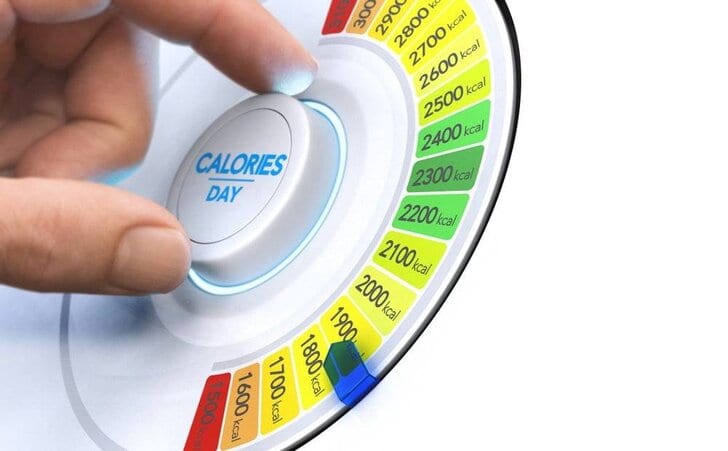With the introduction of the Ketogenic diet, losing weight has become a lot easier. A quick Google search can fill you in on the tons of success stories of people losing weight with the diet.
However, devoting towards an eating plan that focuses more on protein and less on carbohydrates can be nerve-racking. And that’s why alongside numerous success stories, there are lots of catastrophic failures too.

Many times people stick to a keto diet and still experience no change in their body weight.
If you belong to this category, the first step for you is to stop getting frustrated. And the second step is to take a good look at the reasons behind not losing weight on a keto diet. In here, we’ve clubbed the common mistakes of people on a keto diet.
Consuming too many calories
The sole purpose of a keto diet is to lower your carb intake and increase your fat consumption.
Did you know that one gram of fat consumption gives nine calories, while a gram of carb consumption provides four calories? So by switching to more protein than carbs, on the one hand, you’ll be lowering carb count and, on the other increasing calorie count.
Note: It’s best to monitor your calorie intake or visit a dietitian and understand your body’s daily basic calorie needs.
Read – How to monitor your calorie intake?

Ingesting lots of keto sweets or fake sugar
Many times, people comfort themselves by consuming keto sweets thinking that they’re healthier than regular sweets. But the reality is that they too have lots of calories. The same thing goes with fake sugar.
Often such foods are marketed as low or no sugar, but that doesn’t mean they are healthy. Too many artificial sweeteners can raise blood sugar levels resulting in weight gain. So be mindful while consuming them and try to limit them to only a few times a week.
Staying out of ketosis
With different body types, the process of ketosis also differs, and so does the amount of carbs needed. Unless you’re monitoring your macronutrient consumption, you won’t know your carb intake. Once you know your macro absorption, sit down with a physician and estimate what foods raise the macro level and how to replace those food items.
Being stressed out
Most people think that by controlling the diet alone, they can reduce weight, but they’re slightly incorrect. Hormones like cortisol play a vital role in your weight loss journey, and an increase in cortisol can slow down or nullify your efforts.
This hormone’s level rises when you’re stressed, and the problem begins when it starts retaining fat and water. It makes losing weight difficult irrespective of the individual’s diet, so people should avoid stress.

Wrapping it up
If you think that willpower alone can put you under ketosis, you might want to think again. With a controlled diet, you’ll have to monitor your calories, carbs, and dairy ingestion too.
Moreover, external factors like medical conditions, stress, and fluctuating hormonal levels also impact the speed of weight loss. Therefore, make notes of every activity that increases or decreases your weight and, if necessary, take help from a certified dietitian.
